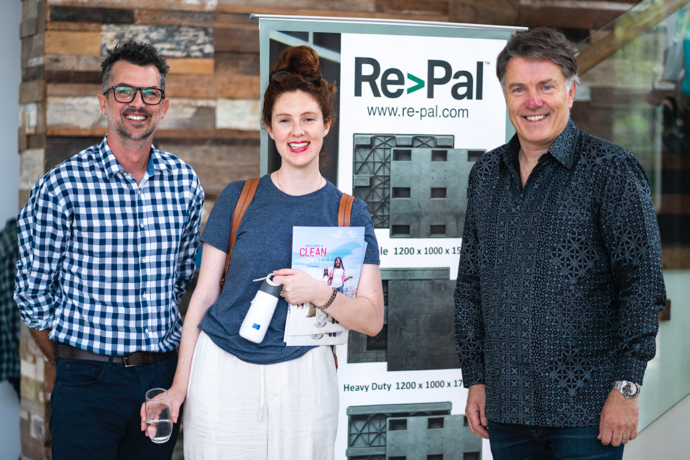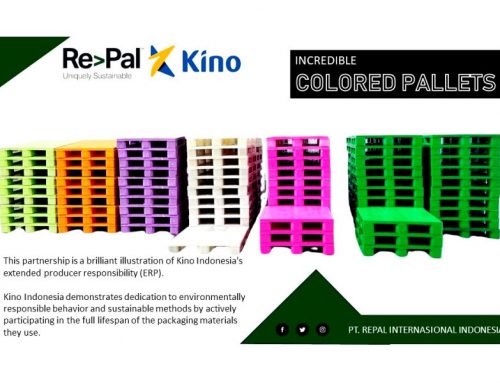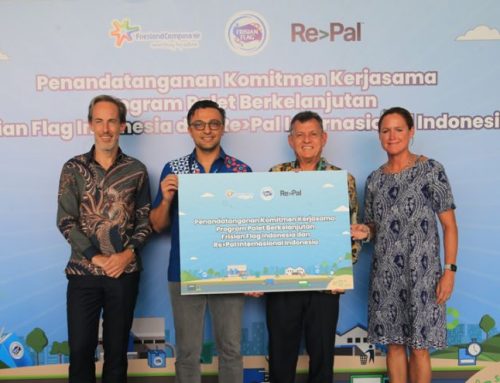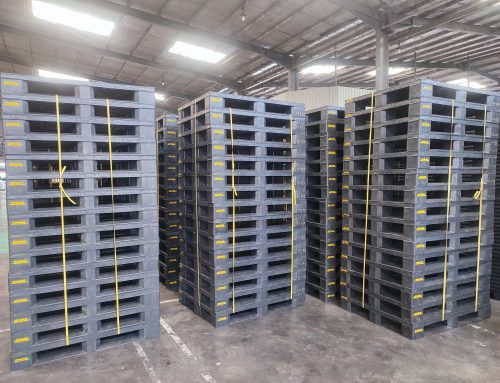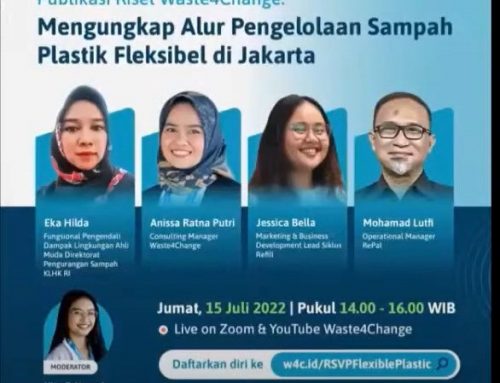Simon Baldwin of Second Muse with Jordana Merran of The Ocean Conservancy and I before the start of the Workshop organised by Simon where Susan Ruffo and Simon spoke about solutions to waste plastic issues. I was pleased to present Re>Pal as one of the solutions.
At the main conference the following day, the highlight was the presentation by Rob Kaplan of Circulate Capital leading their workshop explaining the value destruction when we throw items away and how they have started a fund which brings together competition to capture this value in a collaborative way Mehmood Khan of Pepsi discusses their sustainability goals – where Pepsico wants to have all packaging to be recyclable, compostable, or biodegradable and it is investing in the technology to do this and the supply chain / collaboration. David Blanchard of Unilever stated 25% of packaging will be recycled content by 2025 and he’s looking forward to create meaningful solutions to handling plastic waste.
Steve Sikra of P&G said that P&G was coming together with technical and financial innovation and wants to collaborate with their supply chain to stop plastic entering ocean by 2030.
Haley Lowry of Dow Chemical said the world was changing to a circular model but needs localised solutions to solve the challenges. Plastic needs to be part of circular economy as it’s too valuable to be lost.
Ben Jordan of Coke – said that Coca Cola has tried to be at forefront of sustainable packaging since the 1960’s, earlier this year they launched ‘world without waste’; 100% recycled materials in packaging by 2025 use of recycled and by 2030 at least 50% recycled in products.
No organisation or country can solve the issue of plastic waste on their own. It’s a combination of grant money and corporate and investment capital. Plastic has a value to keep the ‘molecules in motion’
Unilever wants to move to more recycling and content – needs the infrastructure of collection to improve – their mixed flexible materials are hard to recycle – but they are looking to collect 3 tonnes a day from the new separation plant in Surabaya. There needs to be innovation for end-to-end recycling so Unilever will be able to get to 100% recycled plastic solutions through its supply chain and looks to Circulate Capital for broader stakeholders collaboration and engagement in these issues.
Continuing in the panel session, Antonia Gawel, the moderator, is the Head, Circular Economy Initiative at World Economic Forum asked how do you drive to cross industry solution and scale?
Coke – said to broaden the approach – local and regional companies need collaboration Dow – more upstream raw material manufacturers included into the FMCG value chain
P&G – collaboration will become routine
Unilever – each pushing each other – circulate capital will be a natural supply chain that others want to join as this becomes proven investor model
Pepsi – think of impacts for future generations – competitors needs to ‘win together’ – sit around same side of the table to find solutions
Simon Baldwin at Second Muse – their ambition is to see global collaboration to build ecosystems sourcing supporting and scaling circular economies – a network of business accelerators across Asia; with Surabaya the first model.

